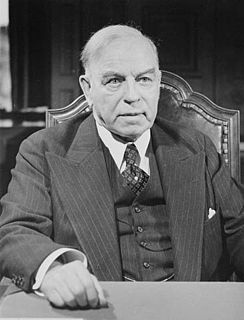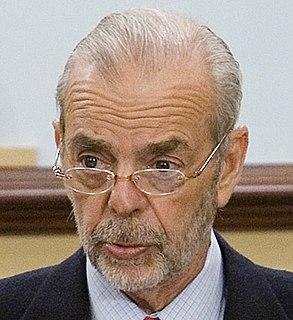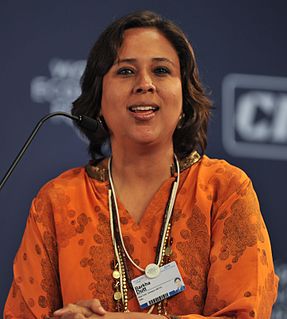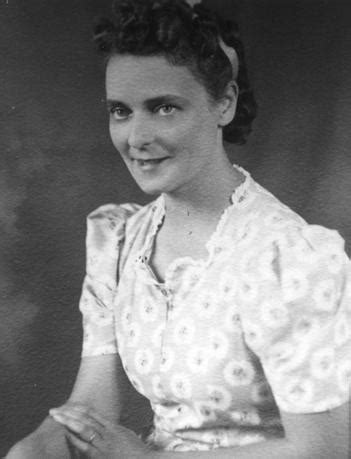A Quote by Abraham Lincoln
Our government rests in public opinion. Whoever can change public opinion, can change the government, practically just so much.
Quote Topics
Related Quotes
I think polling is the best way of gauging public opinion - doing something that's independent, that's quantitative, that doesn't give just the loud voices about how things are going; or doesn't give so called experts the notion that they know what public opinion is. I think that's what makes public opinion polling pretty important. Qualitative assessments of public opinion; going out and talking to people and understanding the nuance to what's behind the numbers. I think it's awfully important as well.
A man should always have these two rules in readiness. First, to do only what the reason of your ruling and legislating faculties suggest for the service of man. Second, to change your opinion whenever anyone at hand sets you right and unsettles you in an opinion, but this change of opinion should come only because you are persuaded that something is just or to the public advantage, not because it appears pleasant or increases your reputation.
The conception that government should be guided by majority opinion makes sense only if that opinion is independent of government. The ideal of democracy rests on the belief that the view which will direct government emerges from an independent and spontaneous process. It requires, therefore, the existence of a large sphere independent of majority control in which the opinions of the individuals are formed.
There are by now declassified documents from the 1950s that tells you a lot about what's going on in Egypt and we should have known it then. It's about exactly what's happening, how we can disregard public opinion as long as the dictators we support are capable of suppressing their populations. So to hell with public opinion. That's all right there in the 1950's. That's not security. That's not security of the government. That's, if anything, security from its own population. And there's a lot of that.
I think polling is important because it gives a voice to the people. It gives a quantitative, independent assessment of what the public feels as opposed to what experts or pundits think the public feels. So often it provides a quick corrective on what's thought to be the conventional wisdom about public opinion. There are any number of examples that I could give you about how wrong the experts are here in Washington, in New York and elsewhere about public opinion that are revealed by public opinion polls.






























